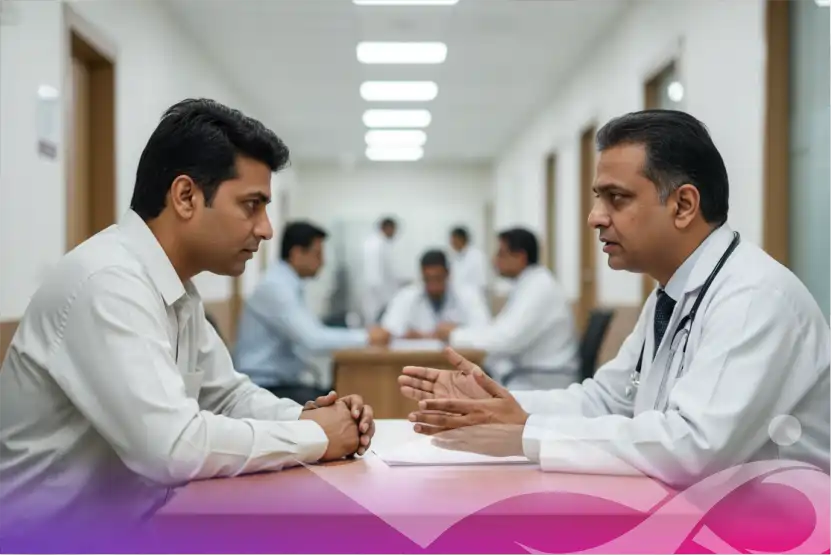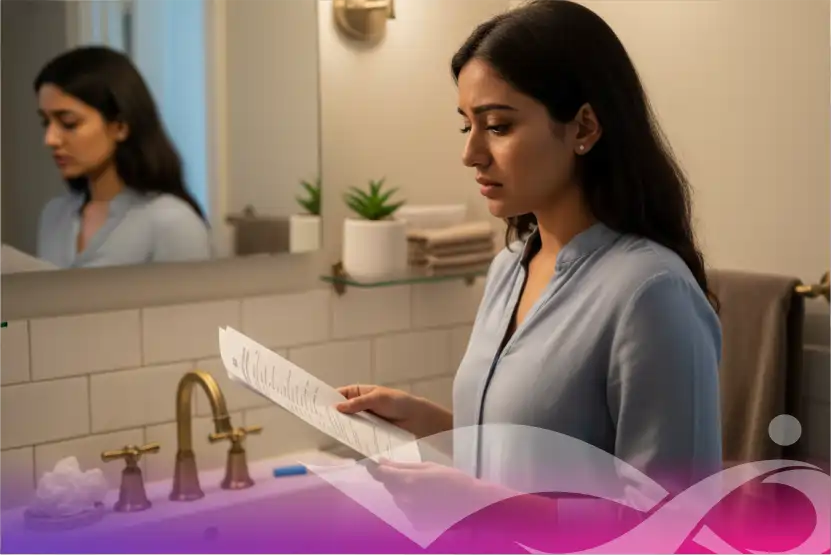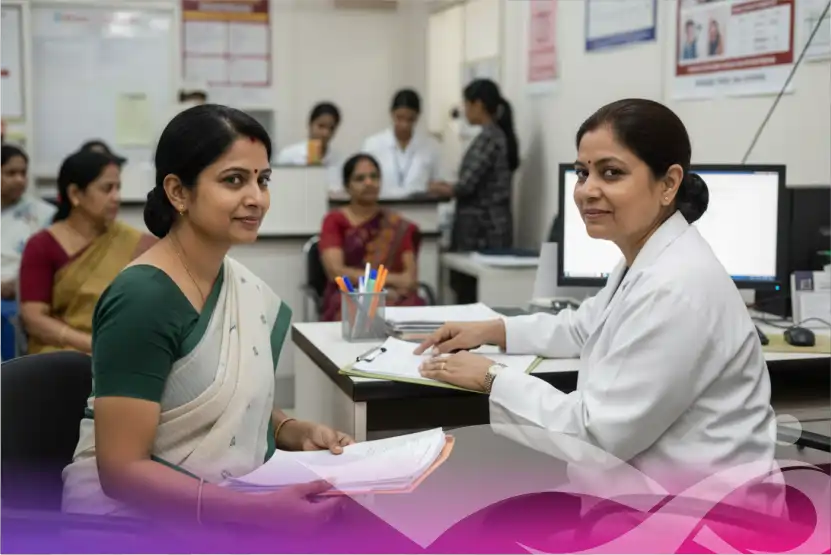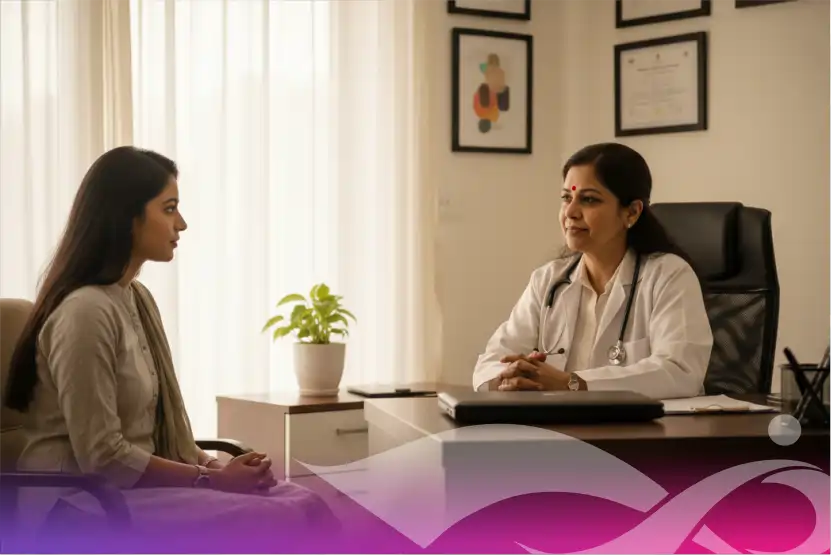The Problem No One Talks About
In many villages across India, cancer is not just feared. It’s often misunderstood, ignored, or kept secret. A woman feels a lump in her neck or struggles to pass urine but assumes it’s something minor. She doesn’t tell her family. She waits. And by the time she walks into hospital, the diagnosis is already advanced.
At IOCI India, we see this pattern often. Not because rural women don’t care about their health. But because they’ve been taught to put themselves last. The real crisis isn’t cancer. It’s the delay
What’s Causing the Delay
Lack of awareness is one of the biggest factors. Most women in rural areas have never been taught how to identify early warning signs of thyroid cancer or how unusual urinary symptoms could be something more serious. A persistent swelling in the neck. Constant fatigue. Irregular heartbeat. These are signs that often go ignored or treated with home remedies.
Similarly, pelvic discomfort, burning during urination, or blood in urine is often dismissed as a simple infection. But in some cases, it could point to bladder cancer. Many ask us how bladder cancer is diagnosed and treated. It usually starts with simple urine tests and imaging. If caught early, it can be treated effectively. But if diagnosis is delayed, treatment becomes far more complex
Confusion Around What Cancer Even Means
In villages, medical terms are often misunderstood. People may confuse a non-cancerous growth with actual cancer or assume that any swelling means death. There is still a lack of clarity around the difference between tumor and cancer. Not all tumors are cancerous. The tumor is abnormal growth. It may be benign, meaning harmless, or malignant, meaning cancerous and potentially dangerous.
But in rural India, both are treated with the same fear and silence. These misunderstanding delays decisions, prevent timely action, and increases suffering
Why Women Suffer More
Cultural stigma, financial dependence, and lack of accessible care make rural women especially vulnerable. Many walk miles to reach a clinic. Others hesitate to speak to male doctors about intimate symptoms. Even when they want help, they often don’t know where to go or whom to trust.
Add to this their endless responsibilities at home, and women simply choose to tolerate their pain for as long as they can.
What Needs to Change
The solution begins with awareness and dignity. Women need to be told that their symptoms matter. That their lives are worth saving. That early checks can mean fewer hospital visits and better survival chances.
At IOCI India, we are building trust in rural areas through screening camps, female counselors, and collaborations with local health workers. We explain in simple terms what to look for, when to act, and how to access care without fear.
What You Can Do
If you know a woman who is hiding a health issue, gently encourage her to speak to a doctor. If you live in or near a rural community, help spread information. If you’re unsure about a lump, pain, or unexplained symptoms, don’t wait. Visit a hospital that understands and respects your background.
At IOCI, we are not just treating cancer. We are helping communities face it with knowledge and strength.
Final Thought
Every woman deserves to know what her body is telling her. Every family deserves honest information and access to care. Let’s end the silence that costs lives.
Consult us at any of our locations across IOCI Noida, Greater Noida, Mumbai, Indore, Chh. Sambhajinagar, Agartala, Saharanpur, Kanpur and Jodhpur.












